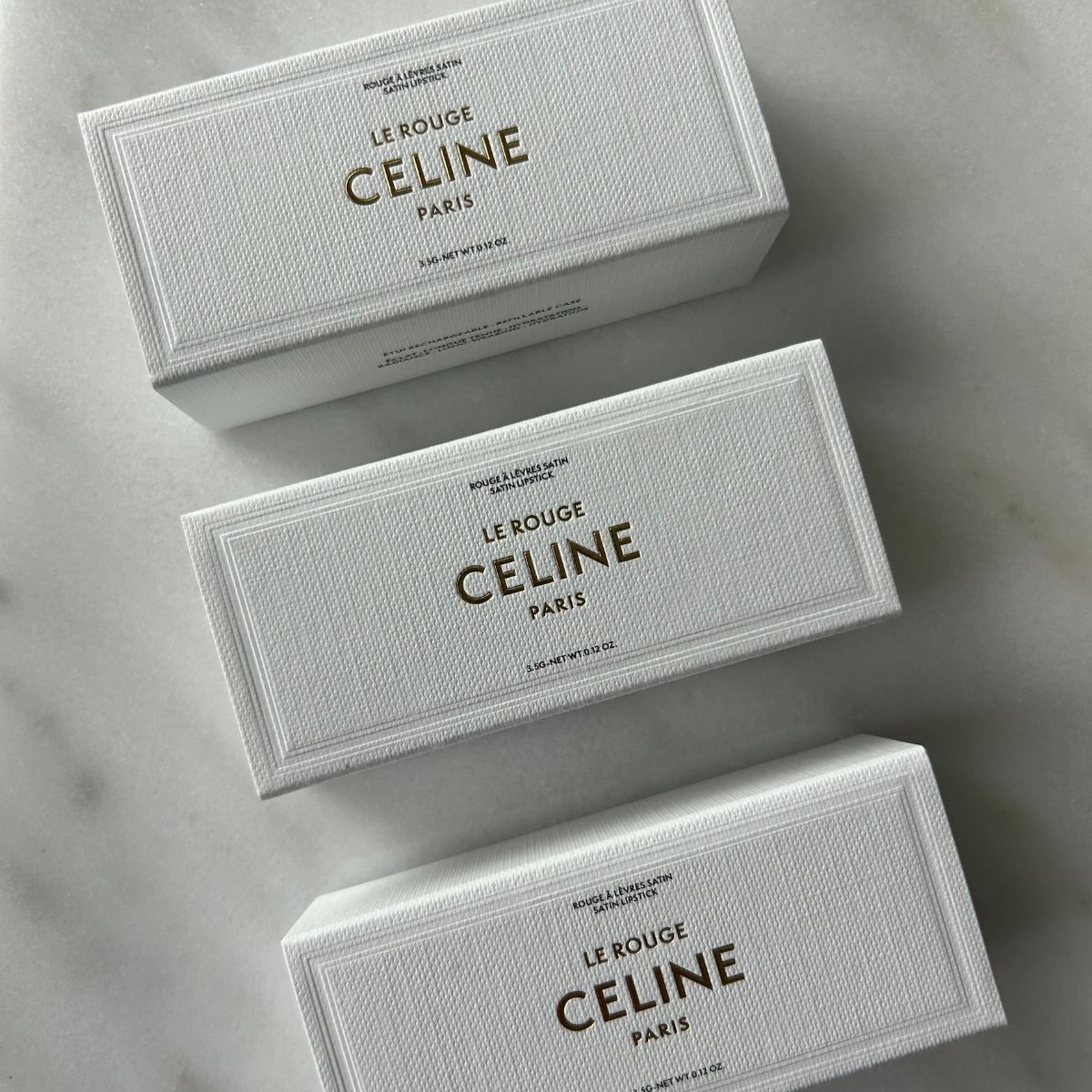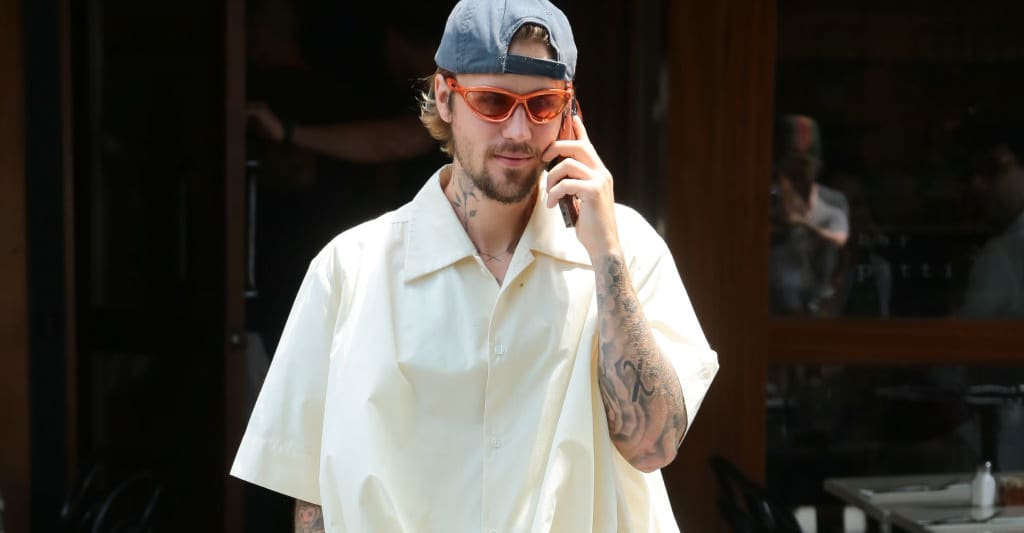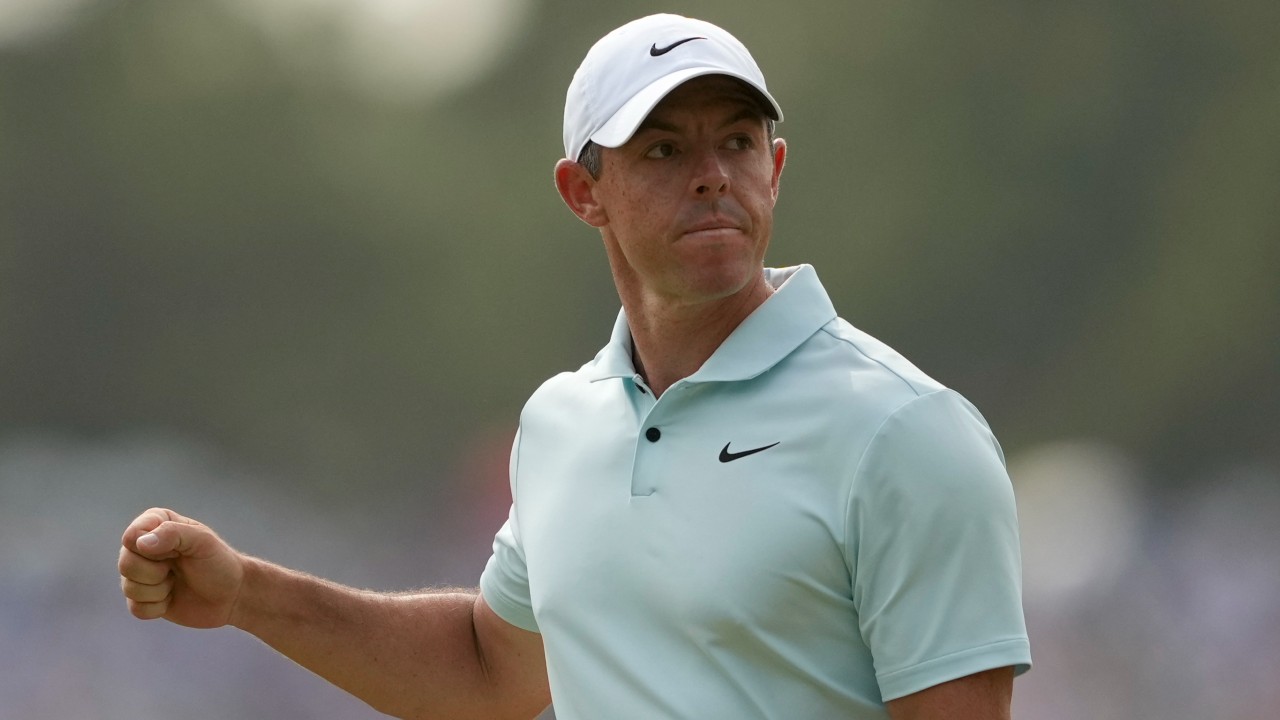They aren’t bad kids–they just don’t know they’re good kids yet
In the world of education, labels can become self-fulfilling prophecies. A child is labeled "troubled," "difficult," or "a bad kid," and suddenly, that label becomes their identity.


Key points:
- “Bad kids” become motivated when adults believe in them and their abilities
- Student mental health needs grow as challenges persist
- 3 ways to connect to students and inspire their learning
- For more on student well-being, visit eSN’s SEL & Well-Being hub
In the world of education, labels can become self-fulfilling prophecies. A child is labeled “troubled,” “difficult,” or “a bad kid,” and suddenly, that label becomes their identity. But what if we flipped the script? What if instead of focusing on what a child does wrong, we focused on what they could do right? What if we saw every child not for their past mistakes but for their future potential?
This is not just a matter of optimism; it’s a matter of necessity. Our education system and society have never been able to afford to write off any child as a lost cause. Each child has inherent worth, potential, and goodness. But for some, they simply haven’t realized it yet. As educators, parents, and community members, it’s our job to help them see it.
When I hear the phrase, “He’s not a bad kid; he just doesn’t know he’s a good kid yet,” it strikes a deep chord within me. I’ve seen too many children who have been given up on, whose potential has been buried under layers of neglect, misunderstanding, and sometimes outright rejection. These kids aren’t “bad;” they’re just lost and need guidance to find their way back to the path of goodness within them.
In reality, kids live up to–or down to–the expectations set for them. If a child believes they are bad, they’ll likely act that way because that’s the role they think they’re supposed to play. But if we can convince them that they’re good and have something valuable to contribute, they’ll begin to see themselves in a new light.
It starts with the adults in their lives. We need to be their mirrors, reflecting the potential we see in them. This doesn’t mean ignoring their mistakes or overlooking their wrongdoings. It means addressing those issues and focusing on growth and improvement, not punishment and shame.
Imagine a classroom where a student is struggling with behavior. Instead of labeling them “bad,” the teacher sees them as a work in progress. They recognize that this student hasn’t yet learned how to channel their energy or cope with their frustrations constructively. Instead of giving up or resorting to punishment, the teacher becomes a coach and mentor, guiding the students toward better choices and showing them the good within them.
This approach isn’t about coddling or lowering expectations. It’s about raising the bar differently. It’s about believing in a child’s ability to grow, learn, and improve. It’s about understanding that every child’s journey is different; some take longer to find their way than others.
But when they do–when that light bulb moment happens, and a child realizes they’re not a “bad kid” after all–it’s transformative. Suddenly, they’re motivated, not by fear of punishment, but by the desire to be the person they now believe they can be. They begin to take pride in their work, in their relationships, and their contributions to the community. And that’s when true learning happens–not just academic learning, but life learning, character learning.
In our schools, we need to foster environments where every child knows they’re good, even if they haven’t figured it out yet. This means building strong, trusting relationships with students, providing consistent support and encouragement, and creating opportunities for them to succeed in ways that matter to them. It means being patient, persistent, and unwavering in our belief in their potential.
So, the next time you hear someone say, “He’s not a bad kid,” add to it: “He just doesn’t know he’s a good kid yet.” And then commit to helping that child discover the truth of those words. Because every child deserves to know they’re good, and once they do, the possibilities are endless.
What's Your Reaction?










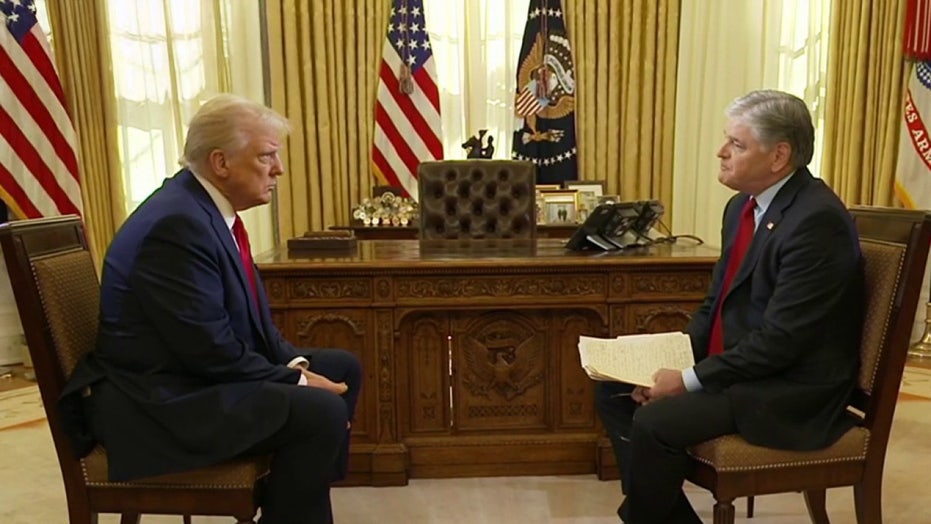

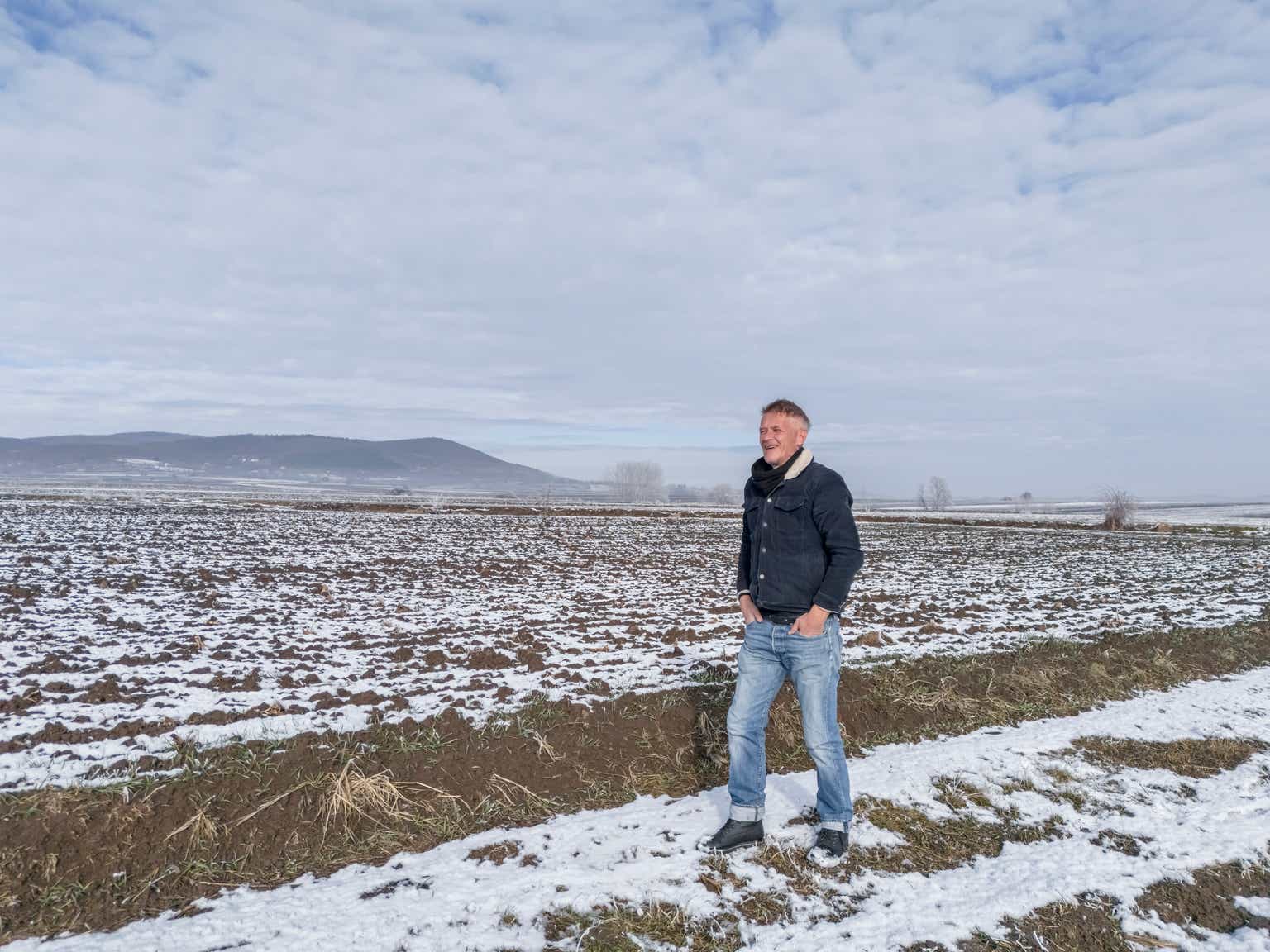






![[DEALS] The Ultimate Microsoft Excel Certification Training Bundle (37% off) & Other Deals Up To 98% Off – Offers End Soon!](https://www.javacodegeeks.com/wp-content/uploads/2012/12/jcg-logo.jpg)



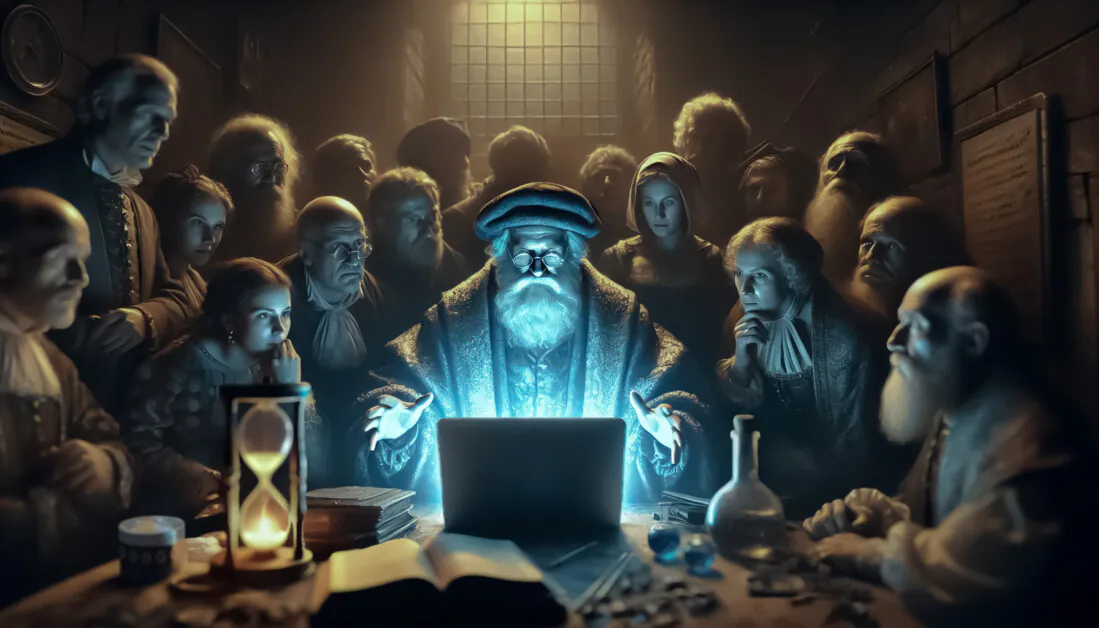



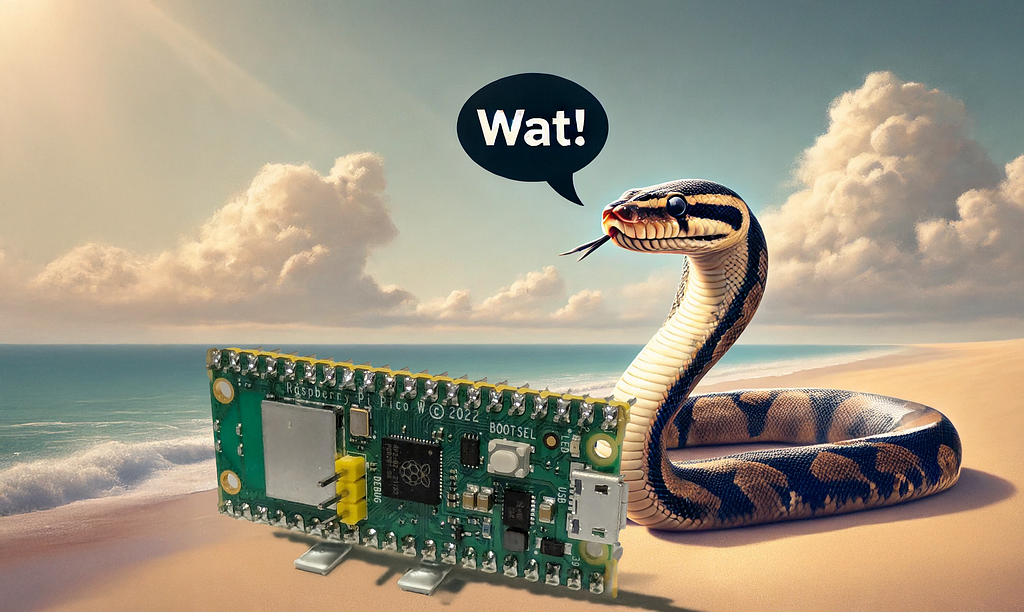
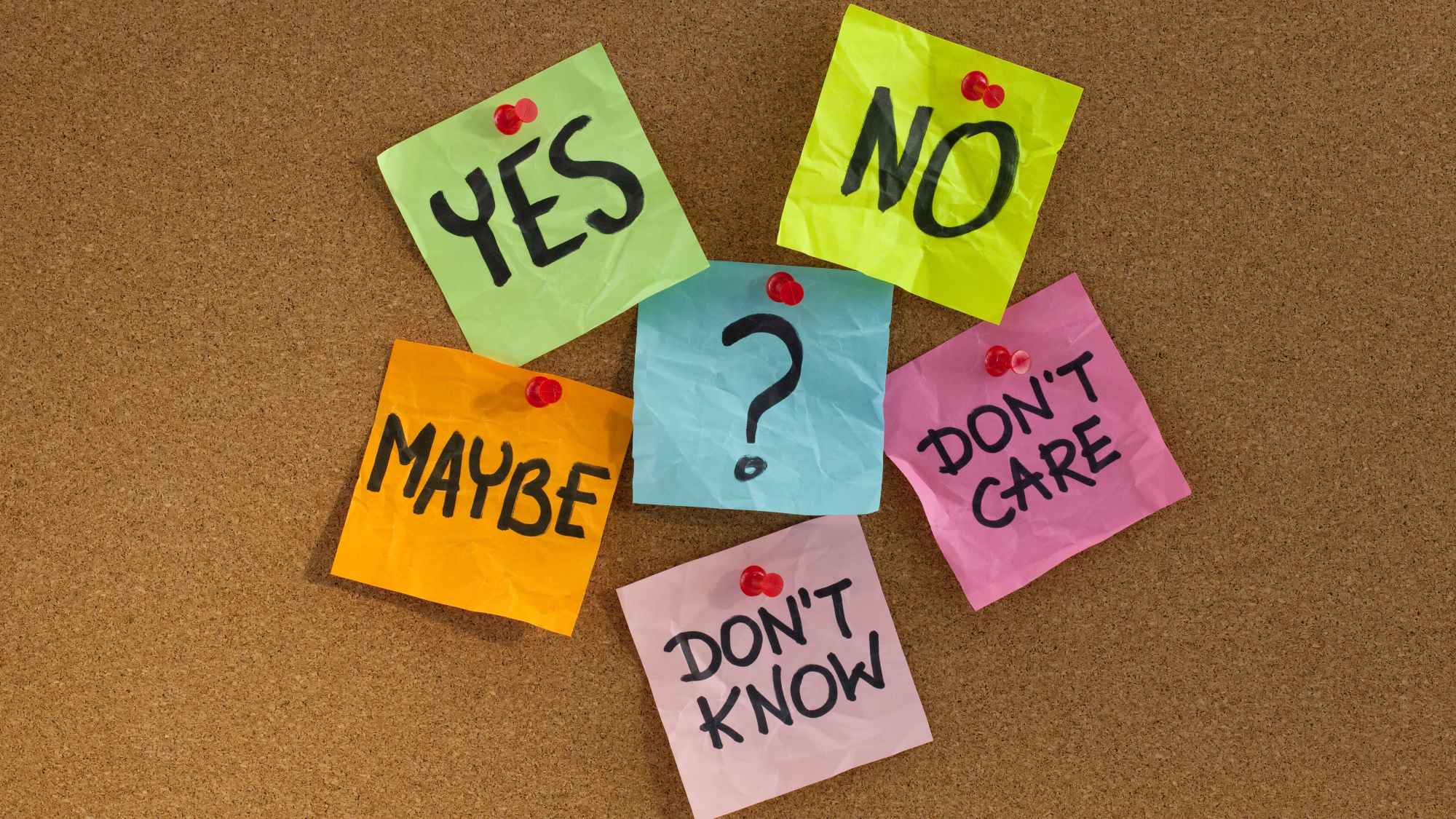

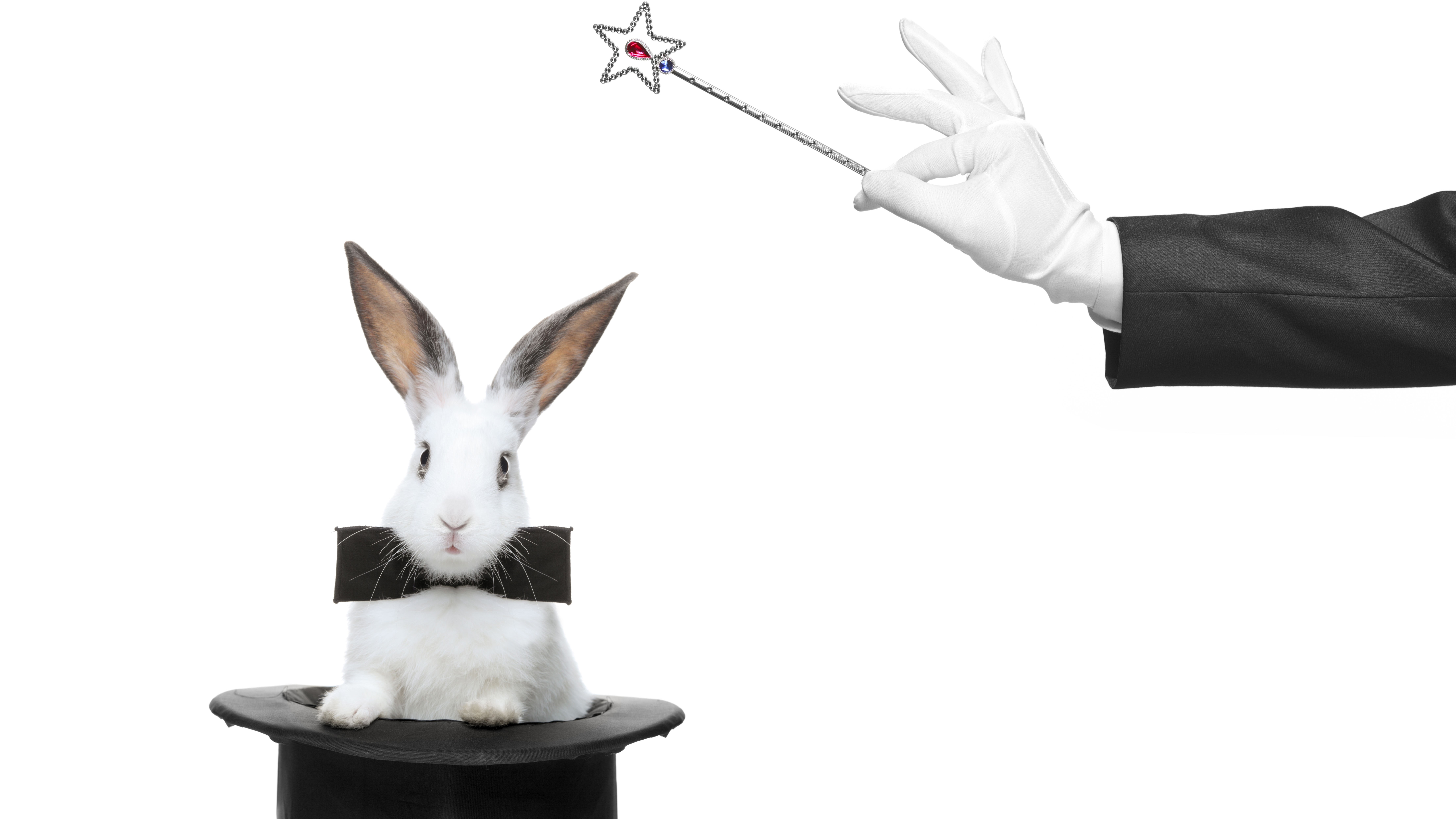
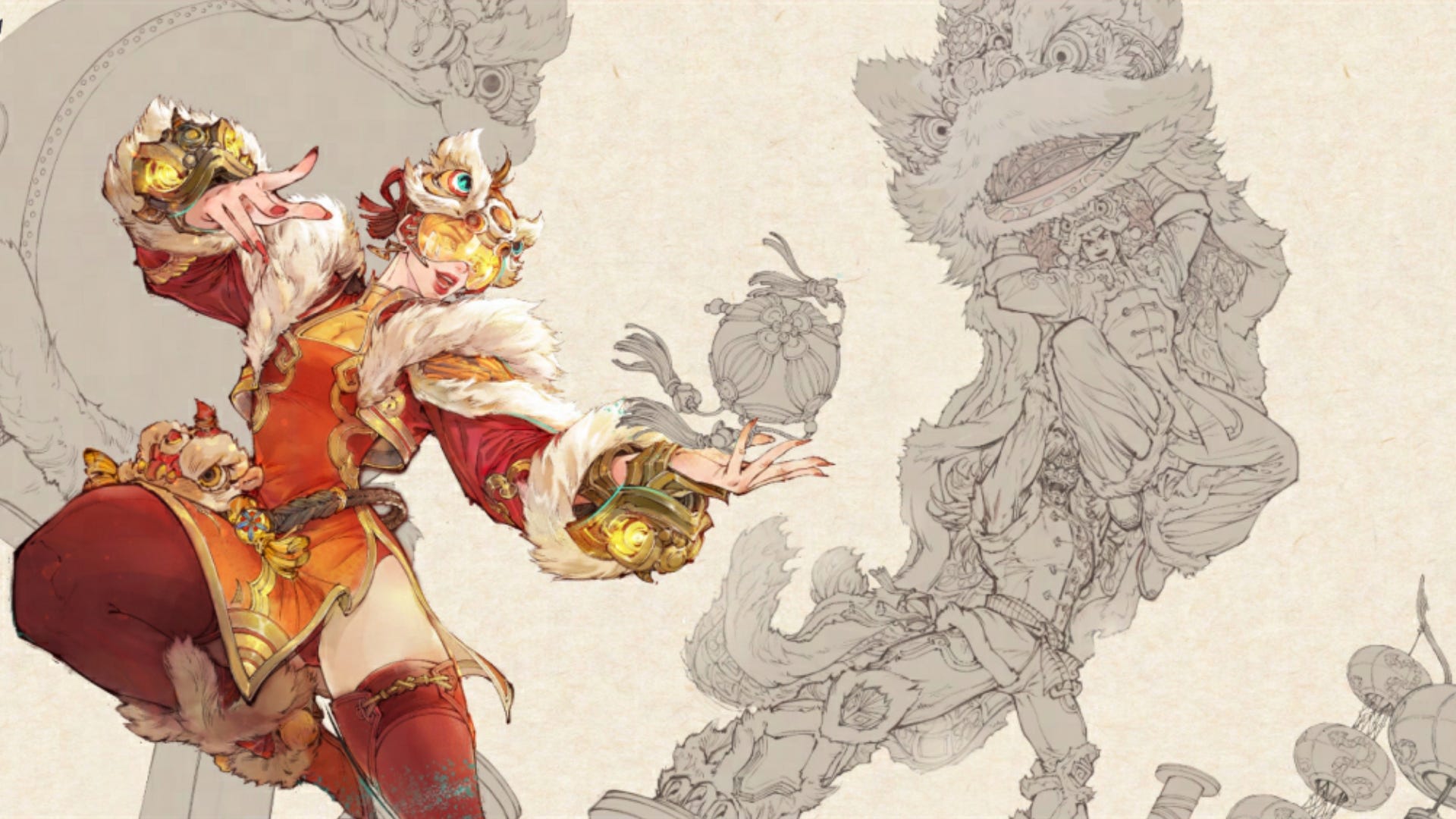









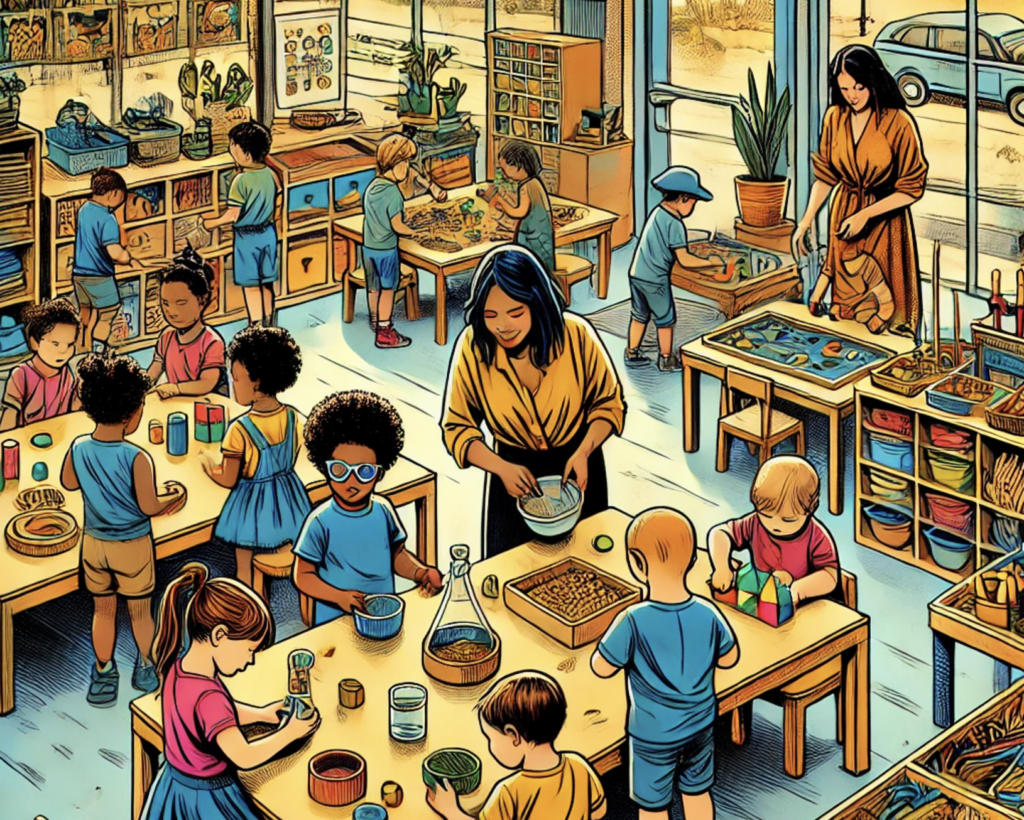


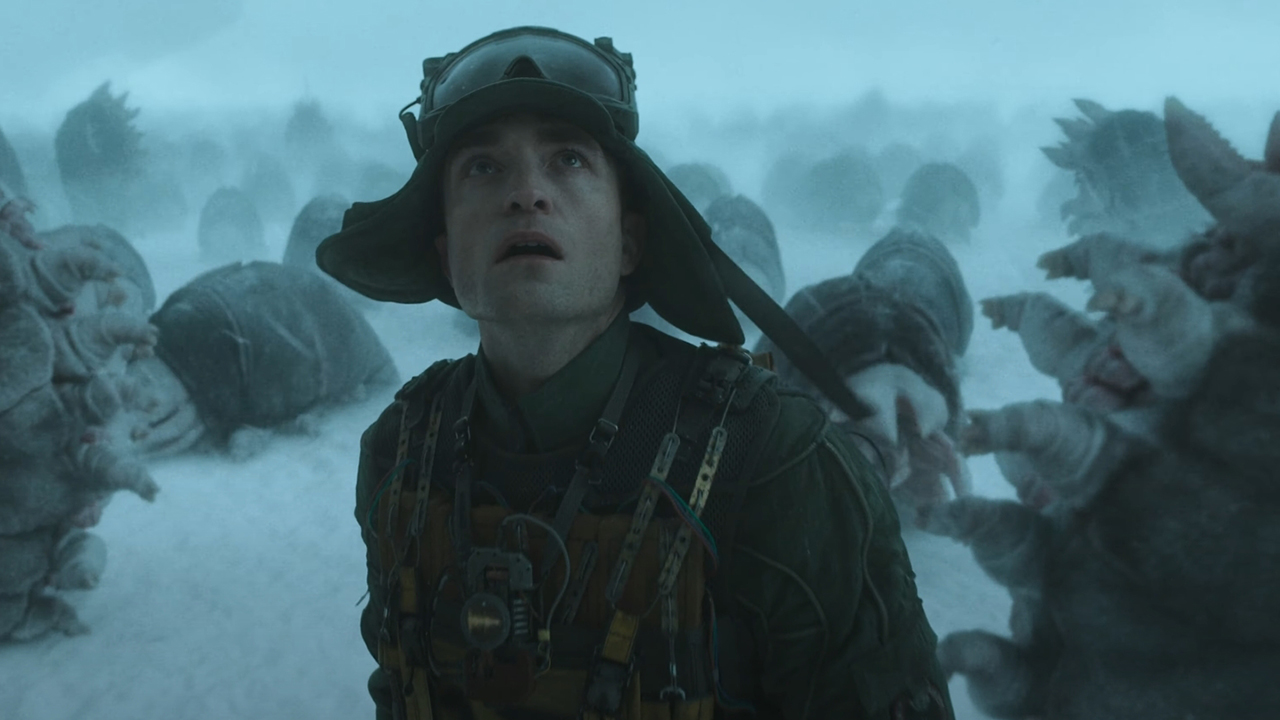



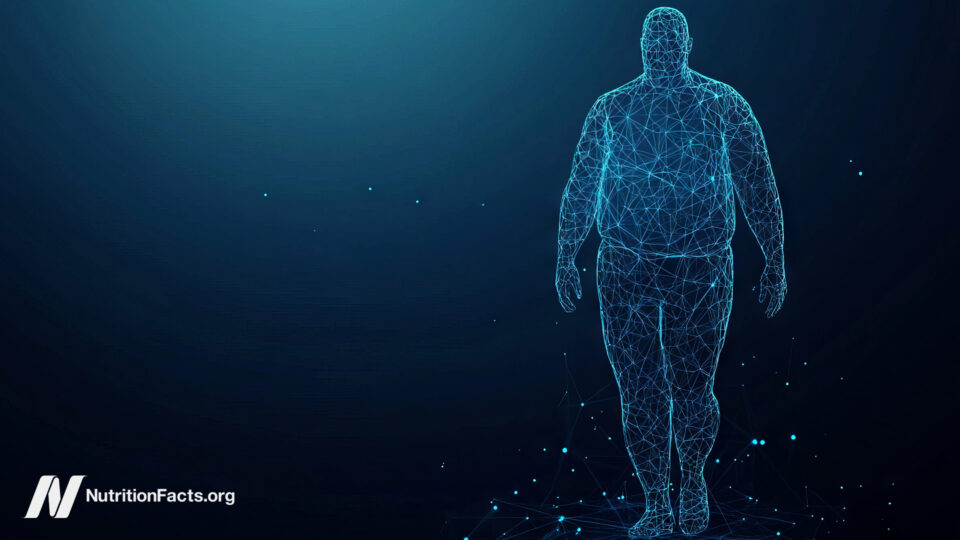

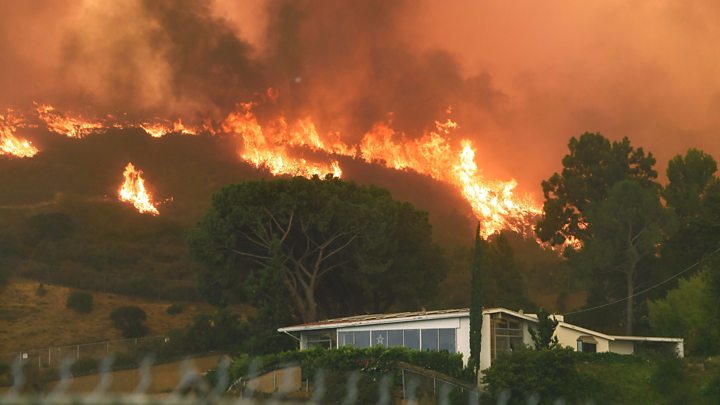

![Hidden Notes In Hotel Bedsheets: Flight Attendants Reveal Dirty Secrets About Your Room [Roundup]](https://viewfromthewing.com/wp-content/uploads/2025/01/DALL·E-2025-01-22-17.42.17-A-female-flight-attendant-in-a-professional-uniform-is-seen-in-a-neatly-arranged-hotel-room-leaving-a-handwritten-note-on-the-bed.-The-note-reads-T.webp?#)













